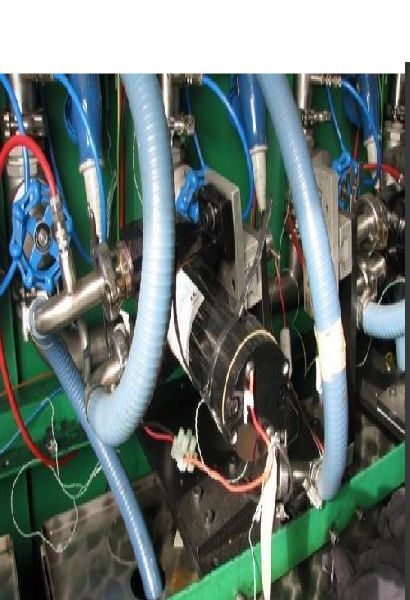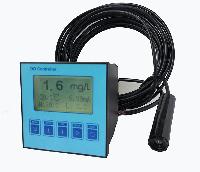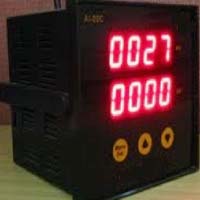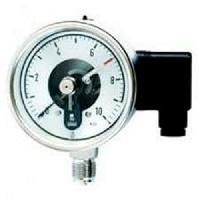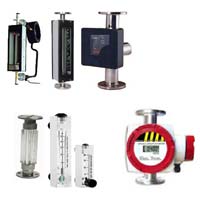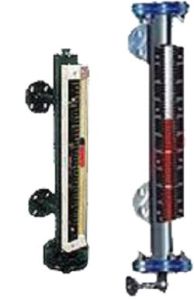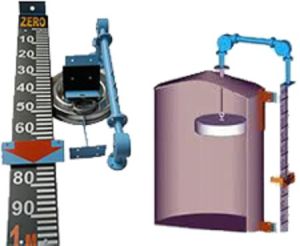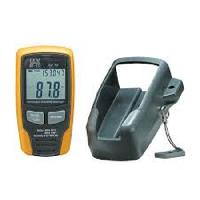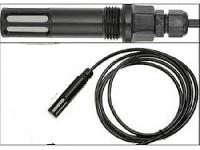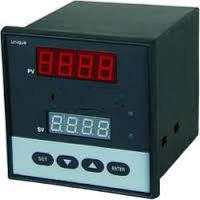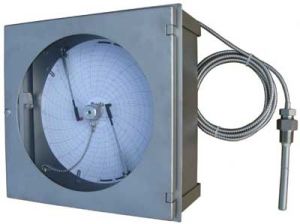| Business Type | Manufacturer, Exporter, Supplier |
| Driven Type | Electric |
| Condition | New |
| Automatic Grade | Automatic |
| Click to view more | |
Product Details
Test benches are the workhorses of the engineering world, providing a controlled environment to evaluate the performance, functionality, durability, and safety of various equipment and systems. Imagine them as the training grounds where machines get pushed to their limits, ensuring they are ready for real-world applications. Here's a deep dive into the different types of test benches and their key specifications:
Types of Test Benches:
The specific type of test bench depends on the equipment or system under test (EUT). Here are some common varieties:
· Engine Test Benches: Simulate real-world driving conditions to evaluate engine performance metrics like power output, fuel efficiency, and emissions. These benches can handle a wide range of engines, from small gasoline engines to massive diesel engines used in ships.
· Motor Test Benches: Assess the performance of electric motors, measuring factors like torque, speed, and efficiency. They are crucial for developing and optimizing electric motors used in electric vehicles, industrial applications, and household appliances.
· Hydraulic Test Benches: Evaluate the performance and durability of hydraulic components like pumps, valves, and actuators. These benches can simulate various pressure and flow conditions to ensure hydraulic systems function reliably under stress.
· Environmental Test Benches: Expose EUTs to extreme temperatures, humidity, vibration, and other environmental conditions. They are used to ensure equipment can withstand harsh environments and function reliably in various climates.
· Power Electronics Test Benches: Test the functionality and performance of power electronics equipment like inverters, converters, and battery management systems. These benches provide a controlled environment to assess power conversion efficiency, safety features, and overall system stability.
· Functional Test Benches: Focus on verifying the functionality of electronic devices and systems. They simulate real-world usage scenarios and test various features and functionalities to ensure proper operation.
Crucial Specifications to Consider:
When choosing a test bench, several key specifications need to be considered to ensure it meets your testing needs:
· Load Capacity: The maximum force, torque, pressure, or flow rate the test bench can apply to the EUT. This should be sufficient to simulate the most demanding operating conditions the EUT will encounter.
· Power Supply Capabilities: The type and capacity of the power supply needed to operate the EUT. This can include AC or DC power, with varying voltage and current ratings.
· Data Acquisition and Control Systems: The capabilities of the system to collect and analyze data from the EUT during testing. This includes sensors, data loggers, and control software for setting test parameters and analyzing results.
· Environmental Controls: The ability of the test bench to control environmental factors like temperature, humidity, and vibration. This is crucial for environmental testing and ensuring the EUT performs reliably in various conditions.
· Safety Features: The safety measures incorporated into the test bench to protect personnel and equipment during testing. This includes emergency shut-off systems, proper ventilation for emissions, and proper grounding for electrical safety.
· Software and Automation: The level of automation offered by the test bench's software for controlling the test process, analyzing data, and generating reports. Advanced automation allows for more efficient and reproducible testing.
· Footprint and Ergonomics: The physical size and layout of the test bench, including considerations for accessibility, maintenance, and operator safety.
Beyond the Basics: Additional Considerations
· Scalability: Consider the potential need to test larger or more powerful equipment in the future.
· Compliance with Standards: Ensure the test bench meets relevant industry standards and regulations for testing specific equipment types.
· Cost and Maintenance: Evaluate the initial investment and ongoing maintenance requirements of the test bench.
In Conclusion:
Test benches are invaluable tools for ensuring the quality, reliability, and safety of various equipment and systems. By understanding the different types of test benches and their key specifications, you can choose the most appropriate one to meet your specific testing needs. These versatile workhorses will continue to play a vital role in developing and optimizing technologies across various industries
Looking for "Diesel Test Benches" ?
Explore More Products


